Insurance costs, fraud and cargo theft hit Landstar’s Q1
Freight broker Landstar System reported a messy first quarter, dragged down by insurance costs, fraud and stolen cargo. The post Insurance costs, fraud and cargo theft hit Landstar’s Q1 appeared first on FreightWaves.
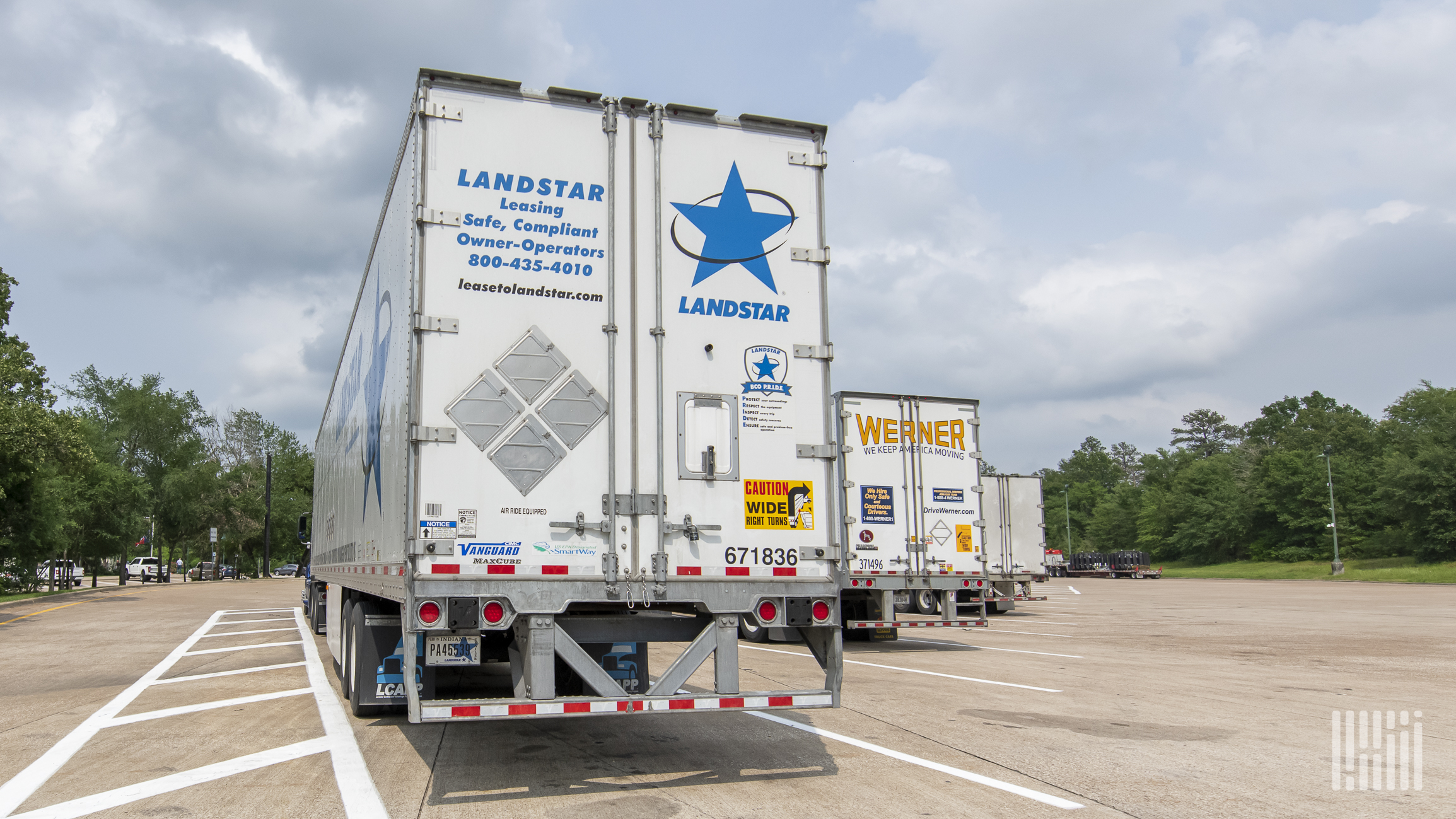
Freight broker Landstar System’s first quarter was marred by several previously disclosed factors. Unfavorable claims development, increased accident severity, stolen cargo and fraud at a satellite office were the primary culprits.
Landstar (NASDAQ: LSTR) reported first-quarter earnings per share of 85 cents, 47 cents lower year over year. The period included a 31-cent hit from higher insurance and claims expenses and a 10-cent hit, $4.8 million, tied to “a supply chain fraud” at an affiliate.
The company said it uncovered fraud at an independent agent office in its international freight forwarding business in late March. It noted there was a change of ownership at the entity and that it believes the fraud had been occurring at the location since 2019. The incident didn’t involve a company employee.
The investigation continues, but costs already incurred are expected to represent the bulk of the expense. However, there could be additional legal and professional fees. The company could also see potential insurance recoveries.
Landstar is pursuing civil and criminal actions.
In response, it has increased investments in technology and is utilizing third-party vendors to combat fraud losses.

First-quarter revenue of $1.15 billion was down 1.6% y/y and near the upper end of the company’s initial guidance. Total truck loads were down 1.2% y/y. (Guidance called for a 7% to 2% decline.) Revenue per load was down 0.6% (versus guidance of down 2% to up 3%).
The period likely included some inventory pull-forward from customers trying to get ahead of tariff implementations. Loads hauled via truck were up 1.8% sequentially from the fourth quarter, the first sequential increase in the first quarter in 15 years.
Loads hauled by business capacity owners (BCOs) – owner-operators who haul almost exclusively for Landstar – were down 7% y/y in the quarter with revenue per load up 1.5%. The company views BCO revenue per mile as a better reflection of market pricing because it excludes fuel. The metric was 2% higher y/y on dry van loads in the quarter and 14% higher on flatbed loads.
Landstar said it has little direct exposure to China.
Cross-border loads from Mexico account for 11% of revenue while cross-border Canada represents 4%.
The company is not providing formal guidance for the second quarter given the rapidly changing trade landscape. It said loads hauled by truck were down 2% y/y in April and modestly below normal seasonality. The first-quarter outperformance made for a tough comparison. Revenue per load was 1% higher y/y in April and slightly ahead of seasonality.
Management said normal second-quarter seasonal trends – a high-single-digit sequential revenue increase with loads up 8% and revenue per load up 2% – are unlikely this year. It expects total revenue for the period to be between the first quarter’s $1.15 billion and the 2024 second quarter’s $1.23 billion. (The consensus revenue estimate for the second quarter was $1.23 billion at the time of the print.)
Truck loads per work day in May were in line with April, which is subseasonal. Through the first six weeks of the quarter, its U.S.-Mexico revenue was down 5% y/y compared to the 9% decline logged in the first quarter.

Management said the market could be firming as truck capacity trends and BCO retention are improving.
Trucks provided by BCOs were down 8.4% y/y in the quarter to 8,620, which could be the low point of the cycle. So far in the second quarter, BCO trucks are off less than 20 units.
Total truck capacity was up 10,000 units across the platform. The company credited a new vendor that is helping with vetting and onboarding operators as the primary reason for the increase.
Shares of LSTR were down 1.5% at 10:53 a.m. EDT on Tuesday compared to the S&P 500, which was up 0.7%.
More FreightWaves articles by Todd Maiden:
- Forward Air touts Q1 achievements, investors await next steps
- Saia, others buying 10 Yellow Corp. terminals
- Forward Air looks for a fresh start in Delaware
The post Insurance costs, fraud and cargo theft hit Landstar’s Q1 appeared first on FreightWaves.





















































































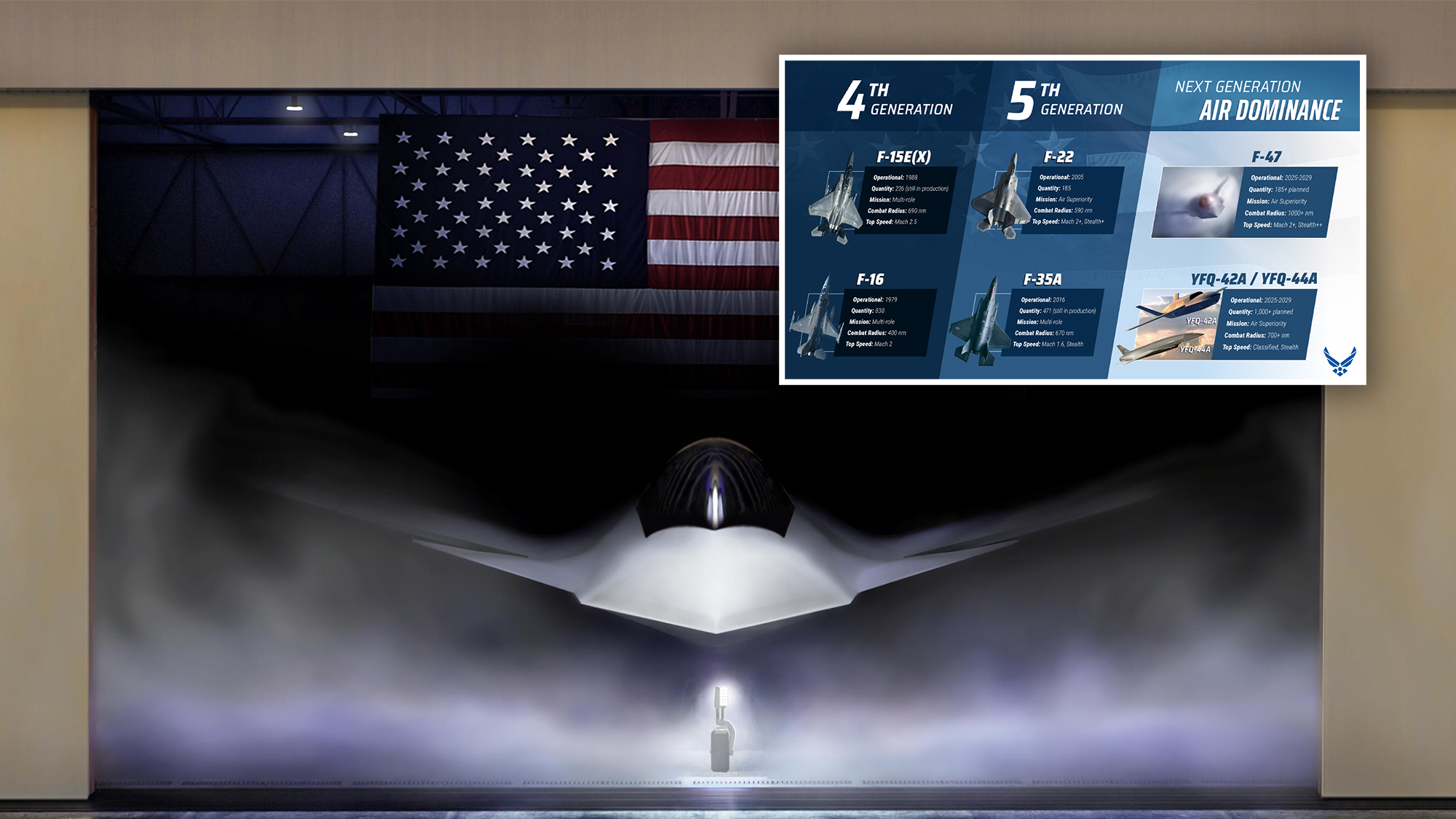













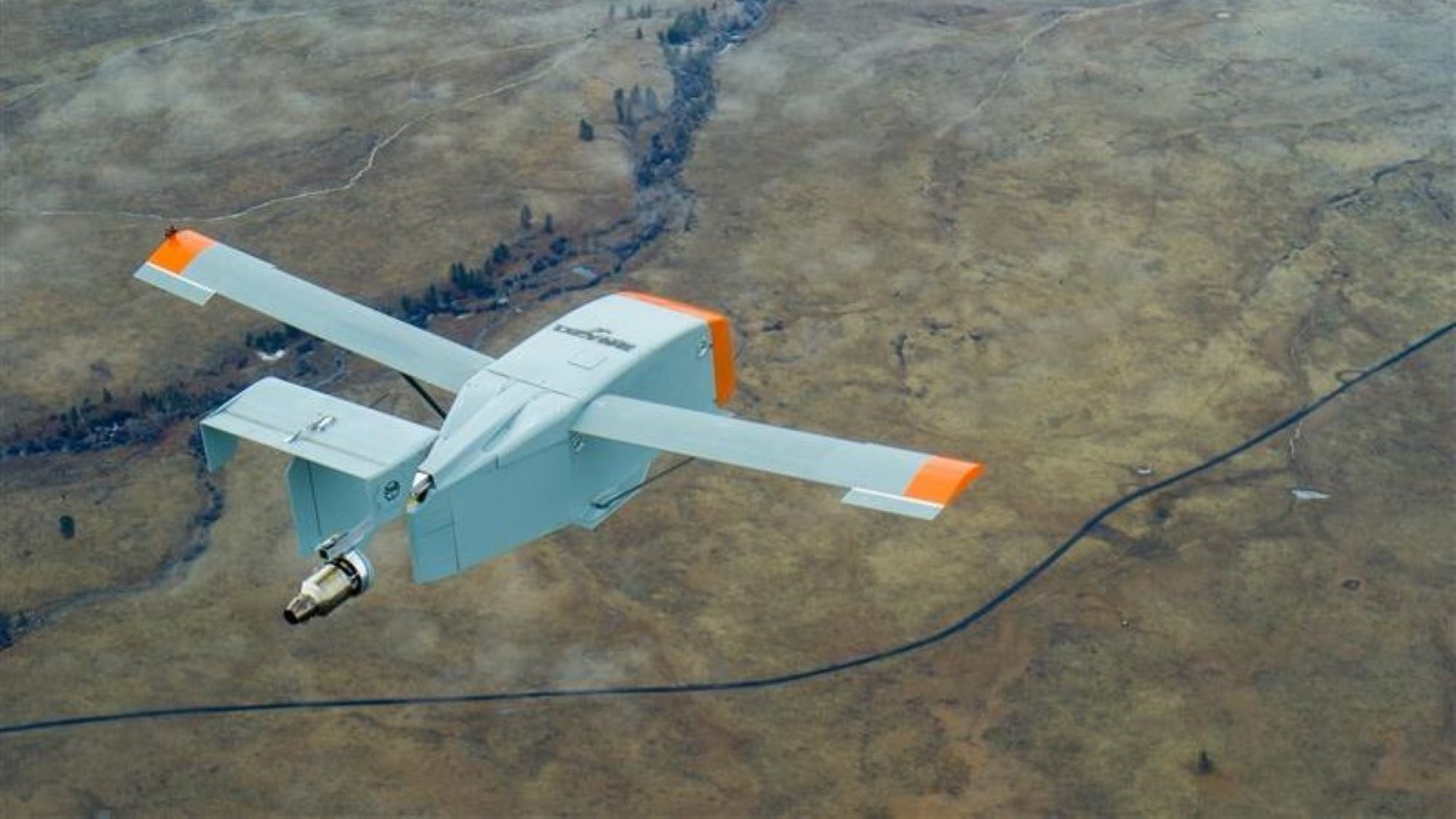
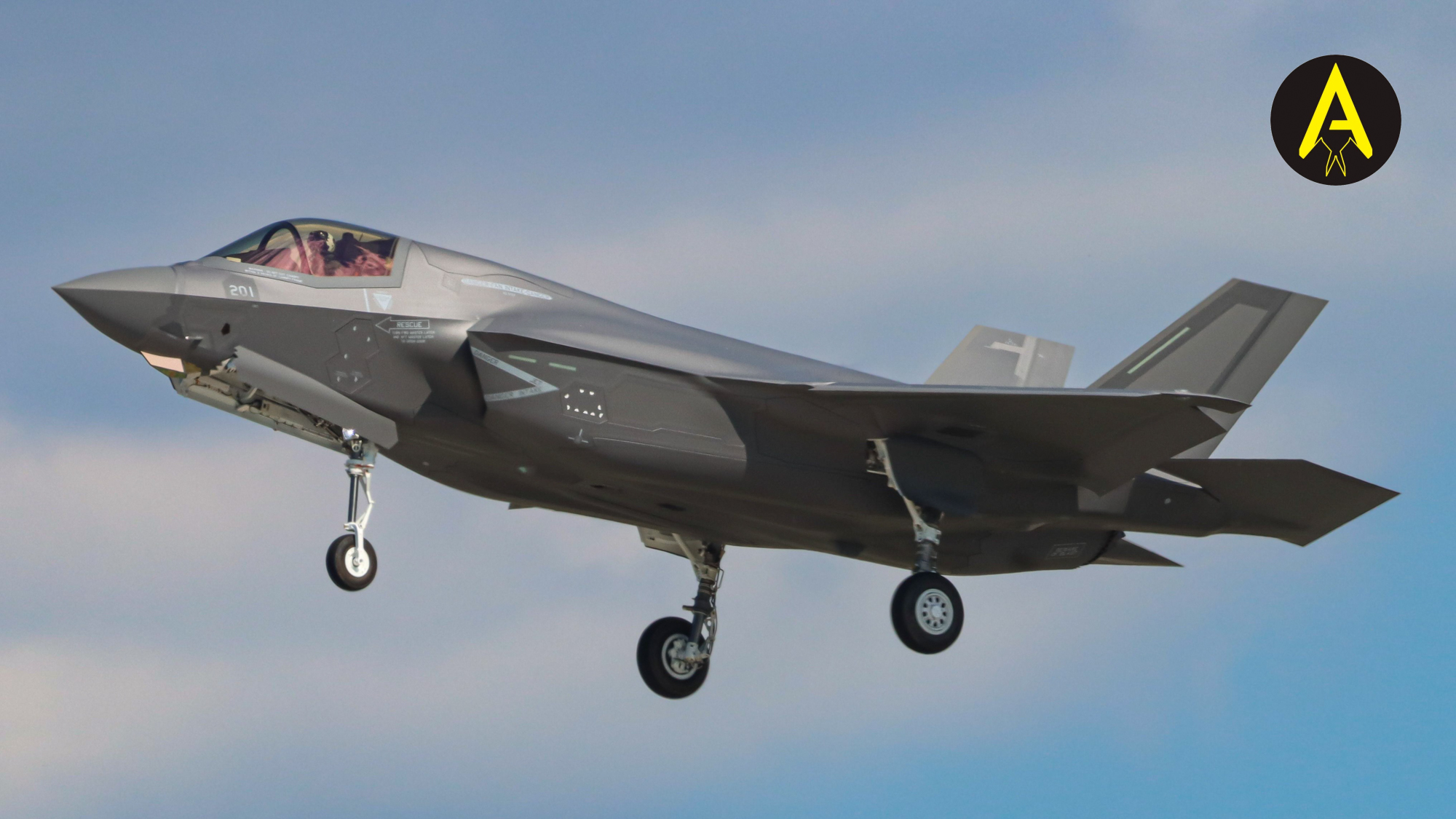
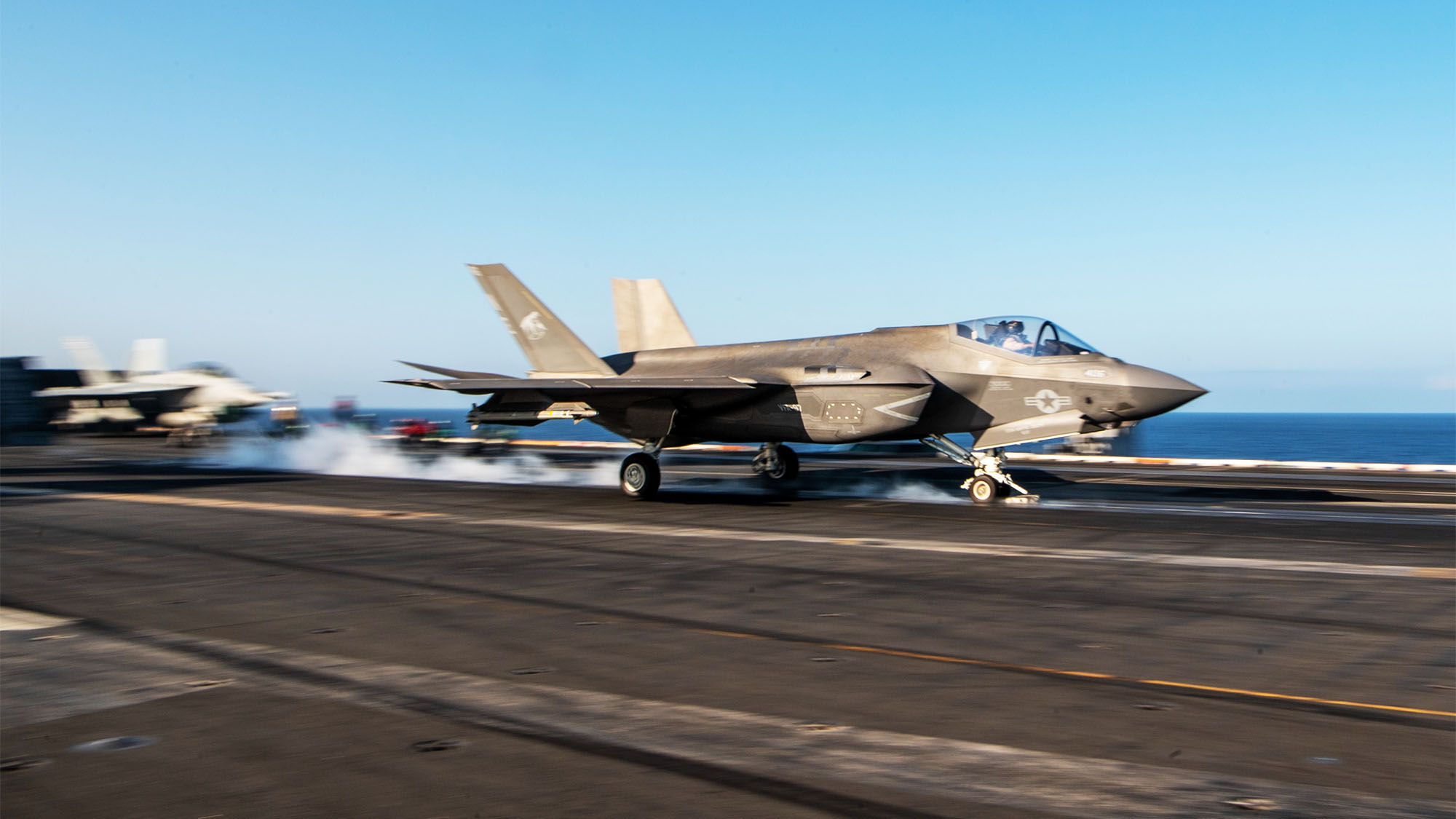










































.jpeg)


